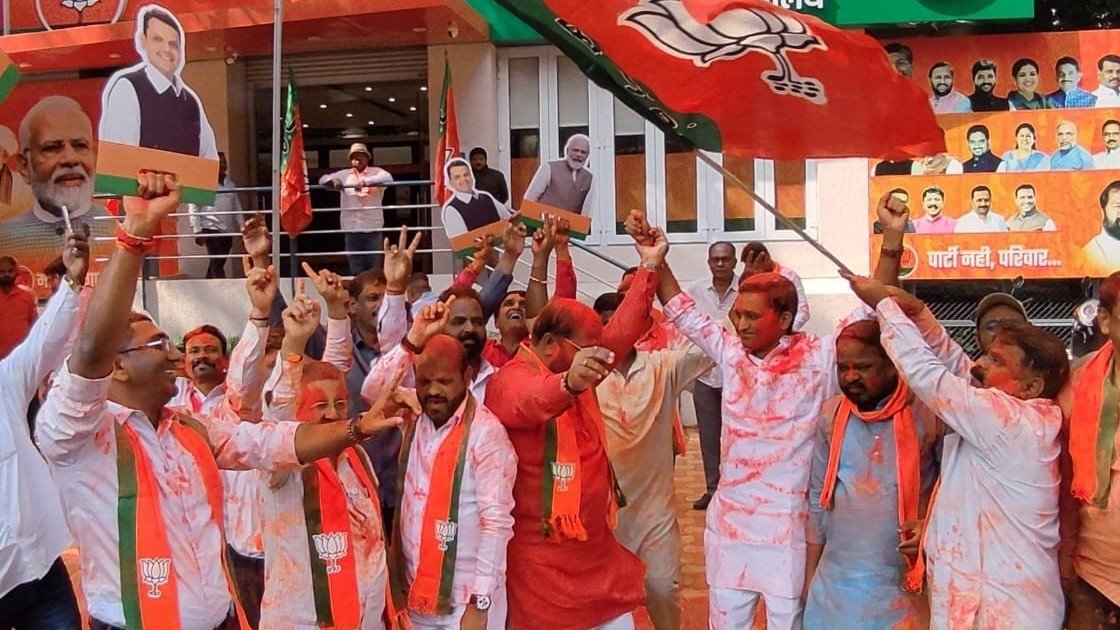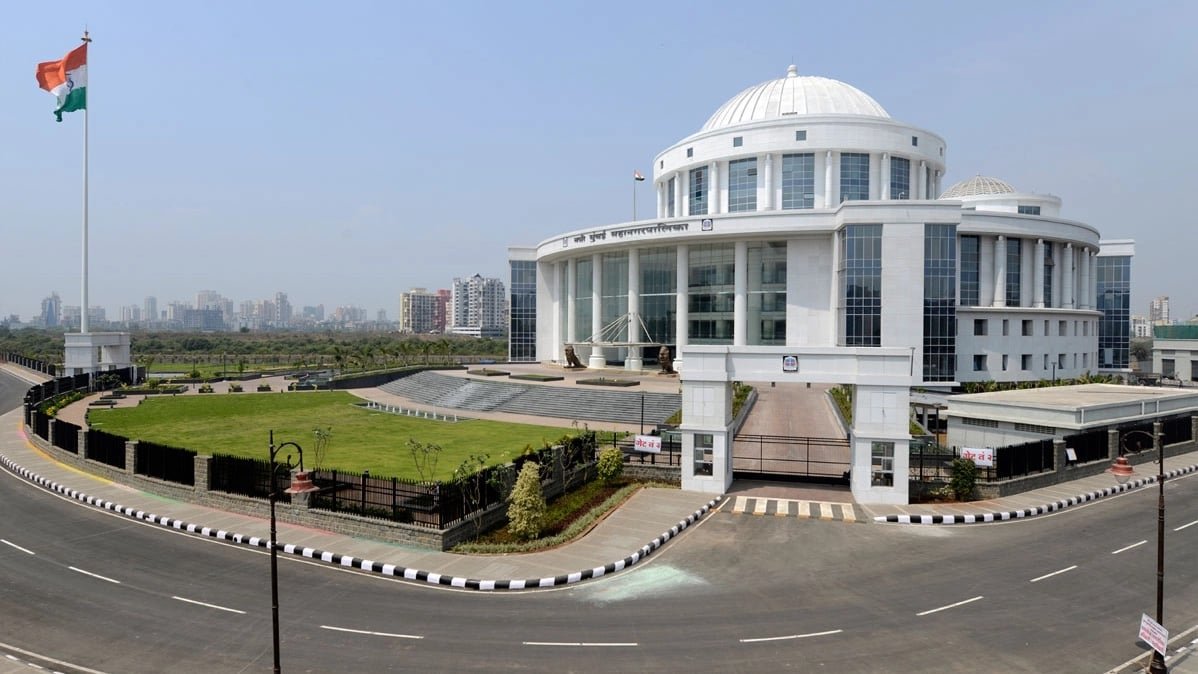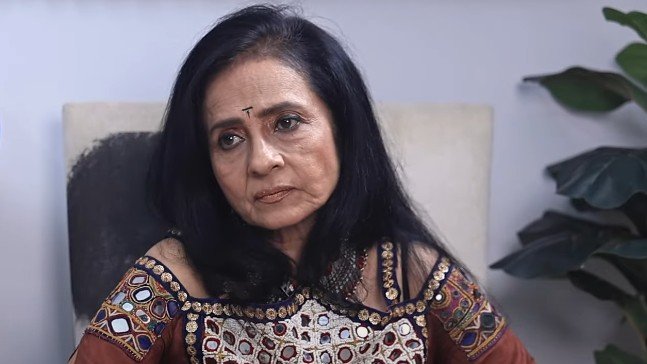When one alliance walks away with nearly 80% of the 288 seats on the wire, as the Mahayuti has done, there are two ways at least to parse the numbers: One is to question the fairness of the fights and the electoral system to show that there was something more than mere political contests underway; the other is to accept the flaws or alleged foul plays and understand the meaning of the mandate. For want of evidence on the first option, it has to be the latter. And, in a nutshell, cash versus complacency was no battle, really.
The Mahayuti benefited from its use of resources of all kinds – cash doles to women under the Ladki Bahin Yojana, promises of three free LPG cylinders, free education, free pilgrimage to free-flowing payouts on the polling day of which there are audio clips, all-paid bus rides back home from cities so people could vote, massive advertising and outreach budgets, and more. How did the BJP, Shiv Sena, and the NCP manage such resources is not a question that will fetch answers but people know. Add to this cash factor a noxious dose of communal polarisation and smart caste calculations – and the Mahayuti’s landslide begins to make sense.
Complacency, for which there exists no remedy, appears to have been the undoing of the Maha Vikas Aghadi. The parties in the alliance – Congress, Shiv Sena led by Uddhav Thackeray, and the NCP led by Sharad Pawar – lulled themselves into contented satisfaction after winning 30 of the state’s 48 Lok Sabha seats in June. They were rudely woken up from the stupor today. Individually, the embattled Thackeray and the hardy Pawar went out with all they had but the Congress was underwhelming and, jointly, there was a lack of coordination between them. This result leaves behind more questions than it answers.
The nature of the next state government, the identity of the chief minister, the stability it promises over the next five years, the programmes that will be rolled out are now on the table. The Mahayuti government has been at work since July 2022 and it’s likely to be more of the same. Has transaction trumped ideology? This election, more than any other in the recent past, turned voting into a transactional exercise between leaders who promise (or give) and voters who will, therefore, vote in their favour. Is this going to be the nature of politics in Maharashtra, a state that was once known for its commitment to rights of people (remember that its Employment Guarantee Scheme of the 1970s was the template for the MNREGA), importance to social and political reform, and a healthy atmosphere of debate even between rivals (which is why the cold-blooded killing of rationalists Narendra Dabholkar and Govind Pansare by Hindu fundamentalists shocked one and all)? Second, will Maharashtra, and especially its cities, see a greater and unabashed footprint of corporates and other large investors underwriting its politics in the years to come?
The transactional nature of politics means that political parties have to rely on sources of massive funding, which evidently cannot come from membership fees of parties or small donations alone, but through other means. There’s no need to further articulate what these means could be. However, where does this leave the state’s politics, finances, and its future? What will the redrawing of political equations mean?
After the slash-and-cut of the Shiv Sena and NCP in 2022-23, the mantle of the ‘real’ party was sorted in the courts and by the Election Commission, but was yet to be tested on the ground. With the parties of Uddhav Thackeray and Sharad Pawar virtually decimated, the question of the ‘real’ Shiv Sena and NCP seems settled – at least for now. But this result also means that the Maharashtra assembly will function for the next five years with minimal opposition. How can this be healthy for any democratic structure? And, how Thackeray and Pawar will emerge from this debacle remains to be seen. What are the hopes for Maharashtra’s future, at least the next decade?
Shinde presided over, acquiesced too, for a clutch of industrial projects that any chief minister would have fought for to be taken away to Gujarat and other states; one on the eve of the elections itself. If Maharashtra’s pre-eminence has to be protected, Shinde and Ajit Pawar will have to demonstrate their commitment to the state’s future more than they have so far; Fadnavis and the BJP, it is understood, will dance to their bosses’ tunes from Delhi. This election, in many ways, is more momentous for Maharashtra than the numbers show today.
Smruti Koppikar is a senior journalist and urban chronicler



